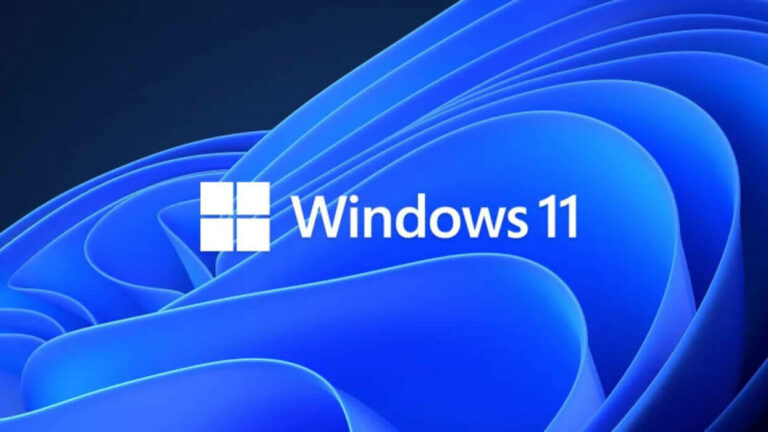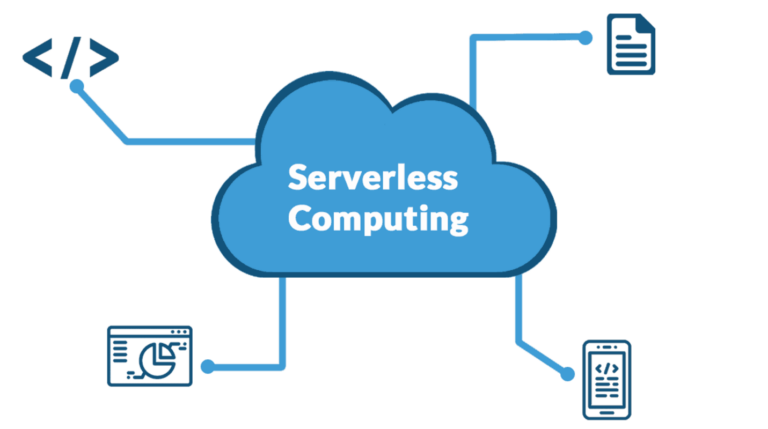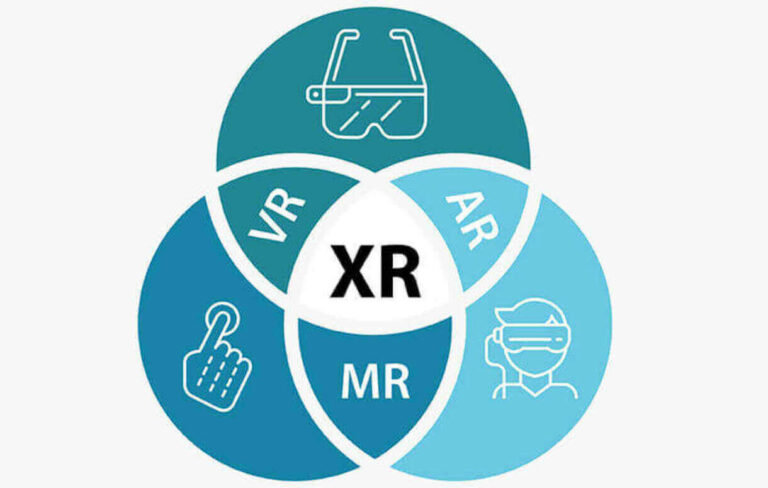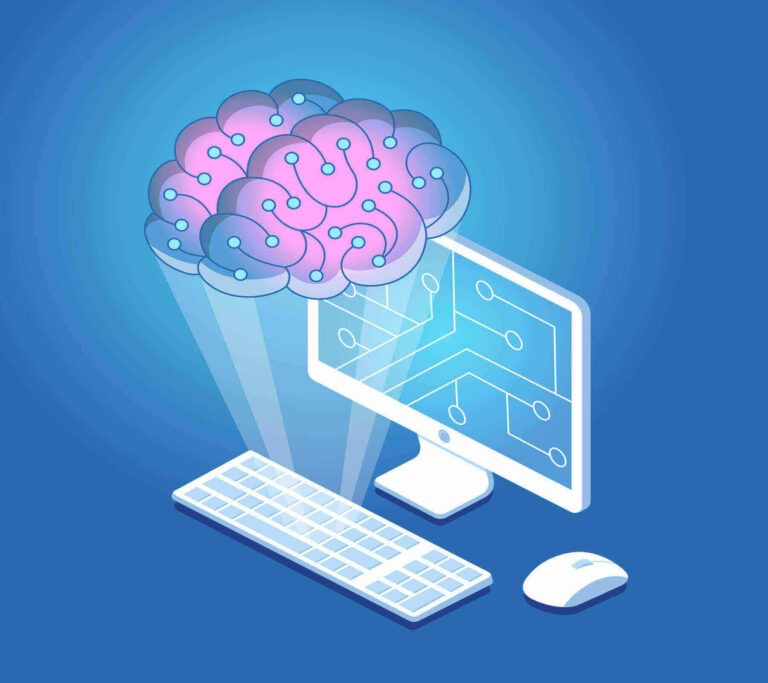Google Cloud vs AWS: Security, Strengths, downsides, support & more
Not sure which platform to choose between Google Cloud and Amazon Web Services? Here is a quick rundown of all you need to know
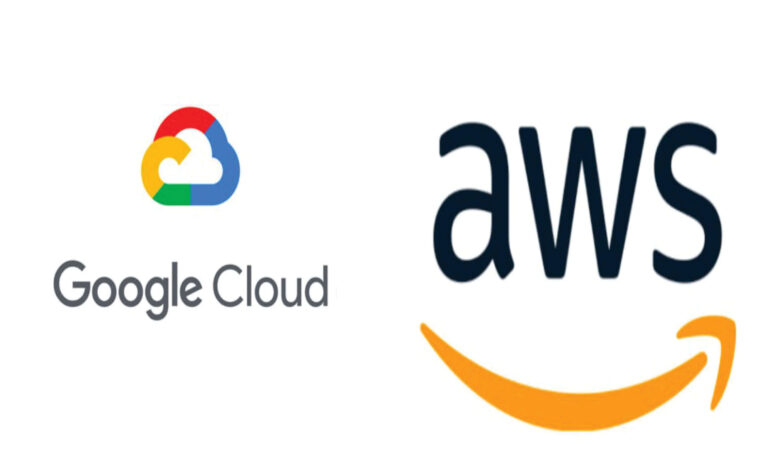
Google Cloud Platform (GCP) and Amazon Web Services (AWS) are two of the 3 largest cloud infrastructure providers in the world. Together with Azure, they make up 80% of the market, with Google Cloud being the smallest.
AWS started in 2006 and the Google Cloud Platform followed 4 years later. But GCP has caught up in many ways and both companies continue to see growth.
Given Google’s history as a tech company, it is understandable if you are trying to choose between the two services. And this is notwithstanding Amazon Web Service’s large and leading market share.
This post takes a look at these two platforms, to see who makes the better offer for small or medium-sized operations that need to migrate to the cloud.
Google Cloud Platform (GCP) vs Amazon Web Services (AWS) Comparison
| Google Cloud Platform (GCP) | Amazon Web Services (AWS) | |
|---|---|---|
| Intro cloud computing: | Started 2010 | Started 2006 |
| Market Stats: | ~7% market share | ~30% market share |
| Strengths: | Ease of use Easy customization AI & machine learning | More services Enterprise customers |
| Downsides: | Fewer services, fewer locations | Needs dedicated experts |
| Services offered: | Over 100 | Over 200 |
| Global Reach: | 100 points of presence | 230+ points of presence |
| Pricing: | Average | Average |
| Security: | Okay | Okay |
| Support: | Okay | Okay |
| Free Services: | 20+ always free | Always free, 12-month free, free trials |
| Speed: | Very fast | Very fast |
Also read: Top 7 Managed Google Cloud WordPress hosting
Checkout: Top 5 managed AWS WordPress hosting
An introduction to Cloud Computing
Cloud computing involves the use of computer system resources without having to manage the hardware. The service provider usually takes care of hardware management, so the user can just use the resources.
Cloud computing adopts many concepts and technologies to make these services possible. Here are some of the major ones:
- VM – Virtual Machine. This is an emulation of a physical computer and it also provides the computational functions of a computer. VMs can be grouped to form larger clusters with more power.
- Instance – This is a unit of virtual machine resources and includes processing power, RAM, storage, and a network connection. You can have over 100 vCPUs with terabytes of RAM, in an instance.
- vCPU – Virtual CPU. Simply means one thread in a CPU core. A 2-core CPU with 2 threads each will appear as 4 vCPUs. A single vCPU is okay to make a small VM.
- Storage – Many cloud providers offer storage as extra services and this includes databases.
- Location – You can often choose a data-center location to host your server, usually closer to your target audience.
SaaS vs PaaS vs IaaS vs DBaaS vs FaaS
IaaS or Infrastructure as a Service, better known as the cloud, is the backbone of most SaaS applications. Here is a shortlist of these related acronyms and what they mean.
- SaaS – Software as a Service. This is what most cloud-based apps are.
- IaaS – Infrastructure as a Service. Here, you get processing power, memory, storage, and an OS.
- PaaS – Platform as a Service. This is a container for executing code written in specific languages only.
- DBaaS – Yep, database as a service. You only pay for usage.
- FaaS – Function as a service. Great for API services. One function is executed per request.
Market statistics
As the market leader, AWS owns about 31% of the computer cloud market, while GCP owns about 7%. Both companies continue to see growth anyway, as revenues were up about 30% last year.
When it comes to revenue, however, things look different. Google Cloud Platform made $13 billion in annual revenue, while Amazon Web Services pulled in an impressive $45.3 billion for 2020.
Services offered
Both firms offer a diverse array of services. Below is a short overview.
| GCP | AWS | |
|---|---|---|
| Compute Services: | App Engine Compute Engine Kubernetes Engine Cloud Run Cloud Functions | Beanstalk EC2 Elastic Light Sail Serverless |
| Storage Services: | Cloud Storage Persistent Disk | S3 – Simple Storage Service Elastic File System |
| Databases: | CloudSQL BigTable | DynamoDB Aurora |
| AI/Machine Learning: | Machine learning engine Natural Language Speech API Video Intelligence | Comprehend SageMaker Rekognition Machine Learning |
Their most basic services include Google’s Compute Engine, which is the equivalent of the AWS EC2. Another is App Engine, which competes with AWS Beanstalk.
- EC2 vs Compute Engine – Both services are virtual machines that let you increase or decrease resources as you wish. These resources can include vCPUs, RAM, and storage.
- Beanstalk vs App Engine – Both are runtime engines for cloud-native apps. Simply develop an app in a supported language, such as PHP or Go, then upload it and launch the app. That’s it. No need for server management and all that. Plus, it scales automatically when necessary.
Other services include caching, security, networking, locations, backups, DNS, and automation. Nearly all of these services come with multiple options, so it is left for you as the customer to pick what you need.
In general, AWS offers over 200 products and services, while GCP offers just over a hundred. This slightly tilts the scale in favor of Amazon, as it makes it easier to find the unique service that exactly meets your needs.
As for quality, both firms are solid heavy-weights, and the quality of their services even out across the board.
Global reach
Amazon Web Services has more deployed infrastructure across the globe than the Google Cloud Platform. This gives it over 230 points of presence, compared to Google’s 100 points.
AWS also has 80 availability zones compared to Google’s 73 and 25 regions compared to 24 for Google. Although the difference doesn’t seem much, it still offers more flexibility for those who need to get the last bit of speed and performance for their applications.
When you look at it from a small business perspective though, then GCP’s infrastructure is still impressive.
Strengths (Advantages)
AWS has the first-mover advantage in the industry and this has enabled it to gain more paying customers than anyone else with its over 30% market share. And since most early adopters of cloud computing were larger corporations, AWS also has more enterprise customers than GCP. Besides, it has also had time to provide more services, catering to all types and levels of customers.
GCP’s strength lies in what Google is best known for – simplicity and ease of use. As a first-timer, you might need a weekend or more, to come to terms with AWS. But you could be up and running in just a few hours with GCP.
It starts with the google interface and the ease of managing projects under your Google account. Then there is the intuitive design that makes it easy to find your way and the speed of achieving your objectives. Google Cloud is simply the better-designed product.
Both platforms also offer impressive AI and machine-learning services.
Downsides (Disadvantages)
The major downside with Amazon Web Services is that you may need to hire an expert or spend more time getting things done than on the Google platform. For Google Cloud Platform, the downsides include fewer services than AWS and fewer locations.
Their two downsides fit with their overall marketing, however. As larger corporations can hire AWS experts, while most smaller firms that use GCP will not need laser-targeted location services.
Pricing & savings
As with most cloud services, pricing depends on the resources you are using. Many of the services also include a free tier, beyond which the billing kicks in.
Compared side by side, most of the offers even out. Although Google Cloud’s compute services are relatively cheaper, you should keep in mind that these are compute-optimized VMs. So they feature less RAM than their AWS counterparts.
You can calculate GCP prices here and AWS prices here.
If you plan to save costs, you can check out spot instances on AWS or Pre-emptive Virtual machines on GCP. This is great for applications that are not time-sensitive, as they only run when there are resources to spare. However, they can offer 60%-80% savings.
Reserved instances also offer significant savings. This is when you reserve a virtual machine for up to a year or three, as opposed to on-demand usage. And if you plan to pay upfront, AWS offers up to 40% discount for 1-year reserved instances and up to 60% for 3 years.
You could also choose to go serverless. AWS offers the Serverless repository and AWS Lambda, while GCP offers Cloud Run and Cloud function.
These services let you run a website or script without the hassle of renting or managing a server. Billing is done by number of requests. Plus, AWS offers 1 million free requests per month, while GCP offers 2 million.
Security features
Both platforms offer exceptional security features, so you have nothing to worry about unless you are careless or make a mistake. They comply with all relevant standards and apply encryption wherever necessary.
Support
Both firms offer professional support plans, as well as documentation and user forums to sort most issues. GCP’s documentation can be found here, while the AWS documentation is here.
The Google Cloud Platform offers four levels of support, which include Basic, Development, Production, and Premium support. The costs can range from free to $250 per month per user for the first three levels but are much higher for the Premium support level.
Amazon Web Services also offers four support plans, starting from free up to $1,200 per month. The premium levels are called Developer, Business, and Enterprise. And they come with more features, resources, and better response times.
Free Services
You will find a range of free services on both platforms. They are mostly basic offers with feature caps, such as bandwidth, vCPU, requests, and so on.
Both platforms offer free virtual machine instances. AWS offers it with a t2 or t3 micro instance, while Google offers it with its f1-micro instance.
You also get 5 GB of storage on both platforms. As well as 1 TB of database queries per month, Kubernetes Engine, App Engine, machine learning, video AI, and speech to text for free on GCP. While AWS offers free trials and 12-month free services, with some being always free.
Speed
Both platforms offer a very fast infrastructure with cutting-edge technology. However, speed is relative to how a user optimizes the platform. On raw speed, both offer a super-fast platform.
Also note that location of a server to your users can influence speed.
While there are many tests to prove which is faster, that is mostly futile. Both platforms are fast enough. How you utilize them is what matters. You can use a platform like Cloudperf to monitor raw speed around the world.
Conclusion
We have come to the end of this comparison of the Google Cloud Platform and Amazon Web Services. As you can see, they are both great offers from two outstanding corporations.
Your choice, therefore, will depend on your needs. If you are just beginning or need to migrate a small to medium-sized project, then GCP is highly recommended.
Else, if you know what you are doing or just can’t stand Google, then there is always AWS.

